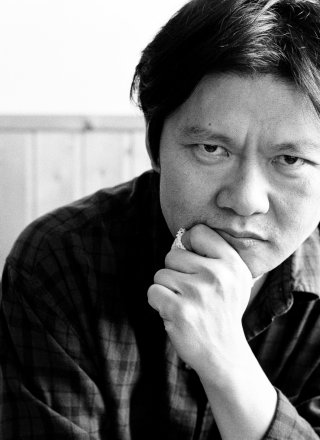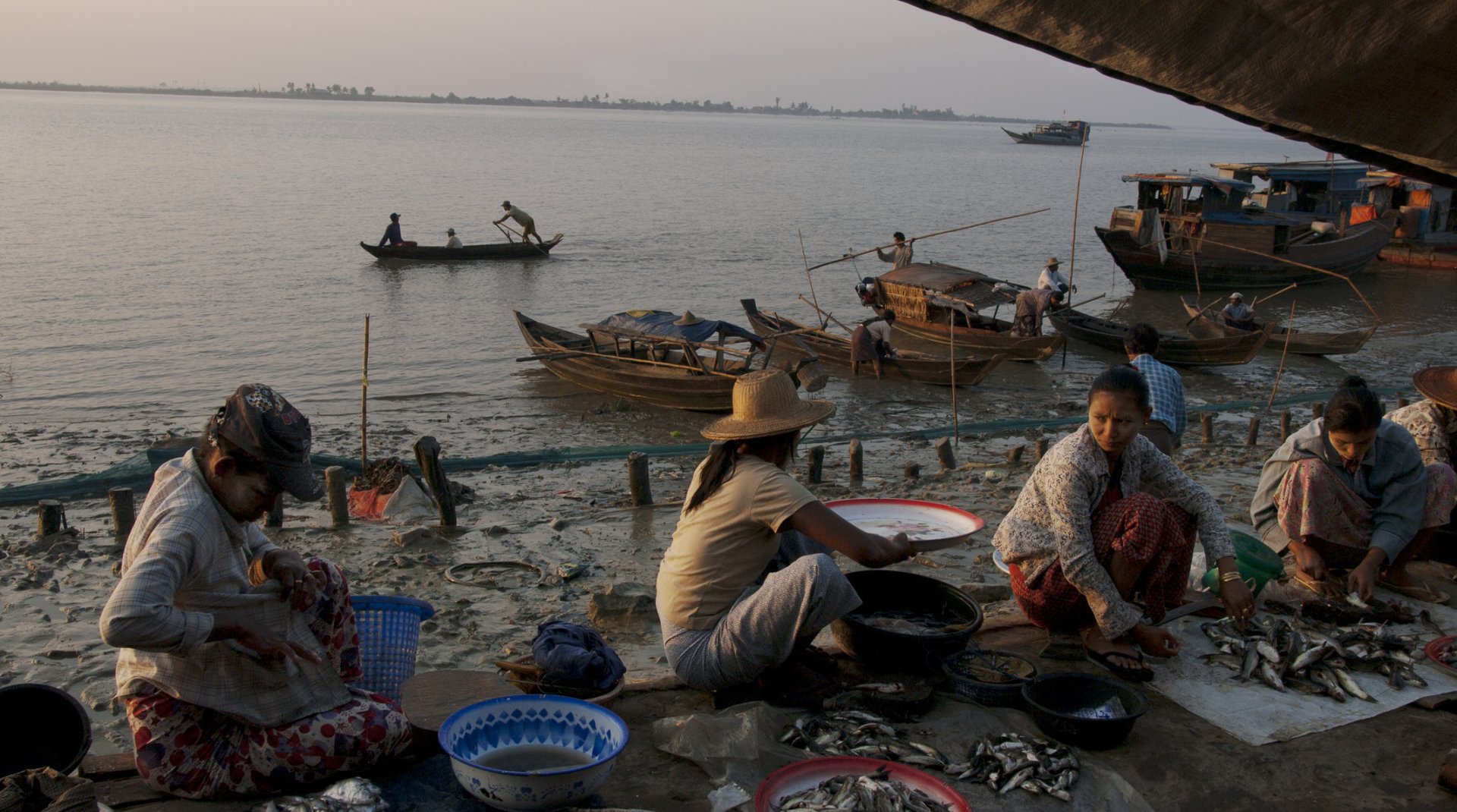
Burma: Inside the Land of Shadows
Chien-Chi Chang
Magnum Photos pour National Geographic
Over the past half century, Burma has gone from being the richest country in Southeast Asia to the poorest. Economists speak of a “resource curse,” i.e. the rulers of the country gain the profit from the rich natural resources, but do not share the wealth. The average per capita income in Burma is US$435. One in every three children under the age of five suffers from malnutrition, and this is in the country that was once the rice bowl of Asia. The military junta reigns supreme, using force, fear, and ubiquitous informers to control every aspect of life. Citizens are led to believe that their every move is being watched and that every word they say is overheard.
Preview

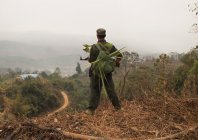
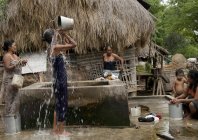
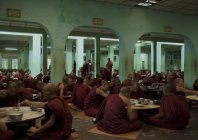
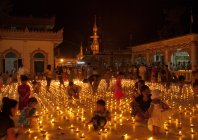
Burma is a land of paradoxes: the country is strongly Buddhist and every male enters the monastery at some stage in life, yet fortune-tellers have great influence, astrologers are treated like rock stars and publications featuring forecasts for the years to come are best-sellers on the news-stands. Burma remains one of the most closed-off countries in the world, while also courting foreign tourists who are allowed to visit temples and admire scenic vistas. But behind the cultural façade there are always reminders of the repressive regime which held the leader of Burma’s democracy movement, Nobel laureate Aung San Suu Kyi, under house arrest for 15 years.
The Burmese continue to live a real-life version of George Orwell’s Animal Farm. When I posed as a tourist taking these pictures, there always seemed to be shadows following me. Big Brother has many little brothers.
Chien-Chi Chang





